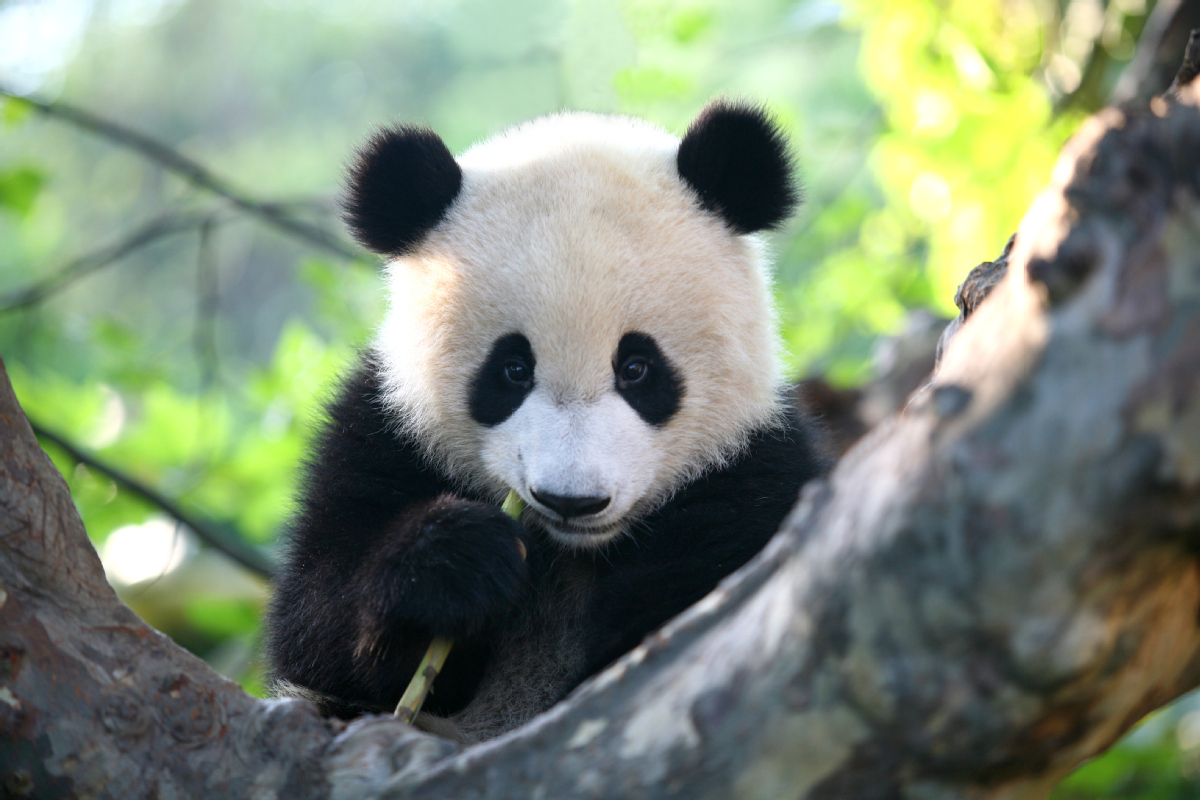Unique cultural heritage set to captivate visiting athletes


As the cradle of the ancient Shu civilization and hailed as the "Land of Abundance", Chengdu has not only inherited the legacy of China's splendid civilization but also fostered the fascinating Tianfu culture. During the 31st FISU Summer World University Games in Chengdu, athletes and guests from all corners of the world have the chance to immerse themselves in China's rich history and vibrant culture, as they explore the historical city of Chengdu.
Giant pandas are one of the most well-known symbols of Chinese culture and are also the city ambassador for Chengdu. Multiple Chengdu icons are showcased in the Kung Fu Panda franchise, and the protagonist Po, the panda, has become one of DreamWorks' classic characters. The popularity of giant pandas is further demonstrated in the Japanese manga series Chibi Maruko-chan, where the main character once said, "It would be a blow to one's pride if they have never seen a giant panda in their lifetime."
The southwestern province of Sichuan, the hometown of giant pandas, is known for its significant population of these creatures. According to the fourth national panda survey, Sichuan is home to 1,387 wild giant pandas, accounting for 74.4 percent of the total giant panda population in the country.
The provincial capital Chengdu, with a permanent population of more than 21 million and a land area of 14,300 square kilometers, stands out as the only megacity in the world where both captive and wild giant pandas can be found.
The Chengdu Research Base of Giant Panda Breeding, located in the northern suburbs of Chengdu, is home to more than 230 giant pandas.
Established in 1987, the base started with six sick and hungry pandas that were rescued from the wild and began its scientific research on the bear species thereafter. It has now become a global leader in the field of giant panda research, an important location for the ex-situ conservation of giant pandas, a site for public education and a destination for educational tourism.
The mascot of the Chengdu FISU Games is named Rongbao, based on a giant panda named Zhima from the base. In preparation for the Chengdu FISU Games, products featuring Rongbao's image have gained increasing popularity.
In Chengdu and throughout the rest of Sichuan province, pandas are not only found in the base or in the wild, they are also deeply integrated into various aspects of people's lives.
When strolling through Chengdu, one can effortlessly encounter different panda elements, including sculptures, dolls, buses adorned with panda face designs and even panda-themed restaurants.
























